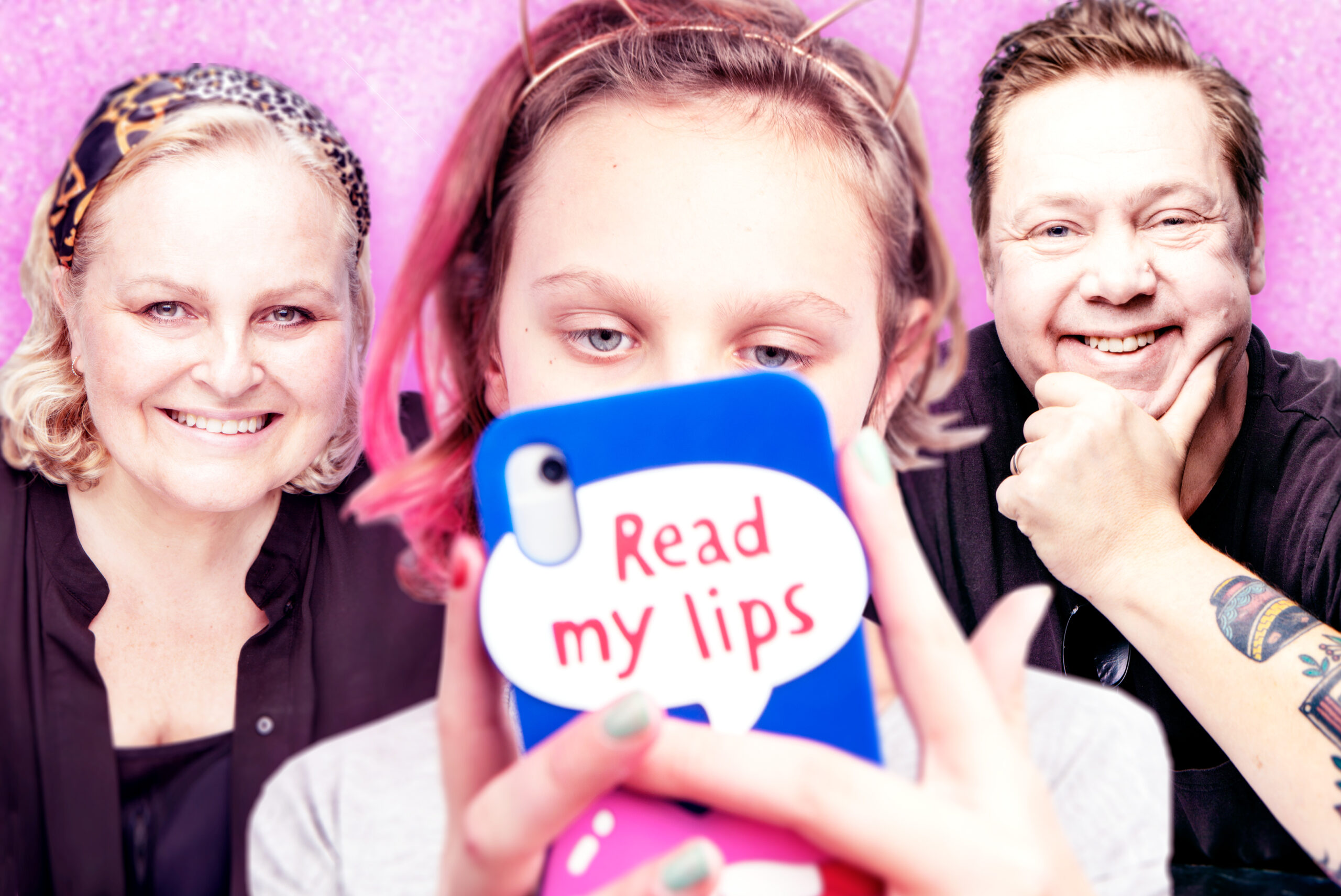Many children got their first call for Christmas. But before you give your child access to the internet, and thus the entire world, there are a few things you should think about.
Are you sending a nine-year-old alone on a city tour? For most parents, the answer to this question is "no." As an adult, you can explain where there is something fun to experience in the city and which neighborhoods can be a little scary. On the way home, you probably talk about the trip - both what was nice and if there was anything that went wrong.
Be with the children when they use the internet for the first time
In the same way, you should hold your hand securely when your child first goes online. Find out about the relevant apps and services, what age restrictions apply, decide what you want your child to use, and talk to them about it.
From an early age, it is wise to prepare your child for the possibility that he or she may encounter unpleasant or frightening content on the internet. It is important for the child to tell the adult if this happens. By using parental controls and settings across apps, you've come a long way. But pressure is rapidly approaching to open up to services with a higher age limit. And then you should familiarize yourself with the various age restrictions and why they are set.
Two types of age restrictions on social media
There are two types of age restrictions on social media; age limit for collecting personal data and age limits for content. In 2018, new privacy rules appeared in Norway (Personal Data Act). The collection and use of personal data is prohibited children under 13 years of age without their parents' consent. Therefore, it is not illegal for children to use social media before the age of 13, but if they are to have their own profile, they must have their parents' consent.
In addition to this age limit, many service providers have their own age recommendations based on the target groups they think the service or content they convey is appropriate. For example, Google Play and Windows classify their applications and games based on the European PEGI branding system, while Apple has its own age rating system. These age recommendations can help you determine if a particular service is suitable for your child's age group, but ultimately it's important for you to decide for yourself if there is anything you want your child to have access to.
At the Norwegian Media Authority, we have three advice for you on whether your child should have access to social media such as TikTok, Snapchat or Instagram. First, you should consider your child's maturity. Do you think your child will be able to cope with the challenges that may arise on the Internet? Are you sure your child will tell you if something unpleasant or frightening happens, such as if strangers make contact or if their photo goes wrong? If you feel that your child should be able to use social media, you should create a profile with your child. Review your security and privacy settings and discuss which ones to choose and why. Also consider whether the child should initially only have a private user.
Second, you should pay close attention to when your child is online for the first time. Take time to talk about your experiences and ask open-ended questions. If you are interested and listening, it will also be easier for your child to come to you if something goes wrong.
You should make it as safe as possible for your baby
A third piece of advice is to discuss with other parents (for example in class) when to open a social media profile and what apps your children should have access to. Common rules make everything easier for both children and parents. It is just as important to make sure that no one leaves the network as it is in physical contact. Talk to your child about how important it is to consider online as well that unpleasant comments and exclusions are not okay.
Today's children and young people live in a digital world from an early age. According to the Children and Media 2020 study, 9 out of 10 children and adolescents (9-18 years old) uses social media. Most people find it both fun and educational. But in the early stages and for the long term, they need a helping hand, both in this arena and in many others. The gift you give for Christmas is sure to be popular. But you should also do your part to make it as safe as possible for your child.
Photo: The Norwegian Media Authority
Source: Medietilsynet (Norwegian Media Authority)
Read our next article: It's important to think about this when buying gifts



